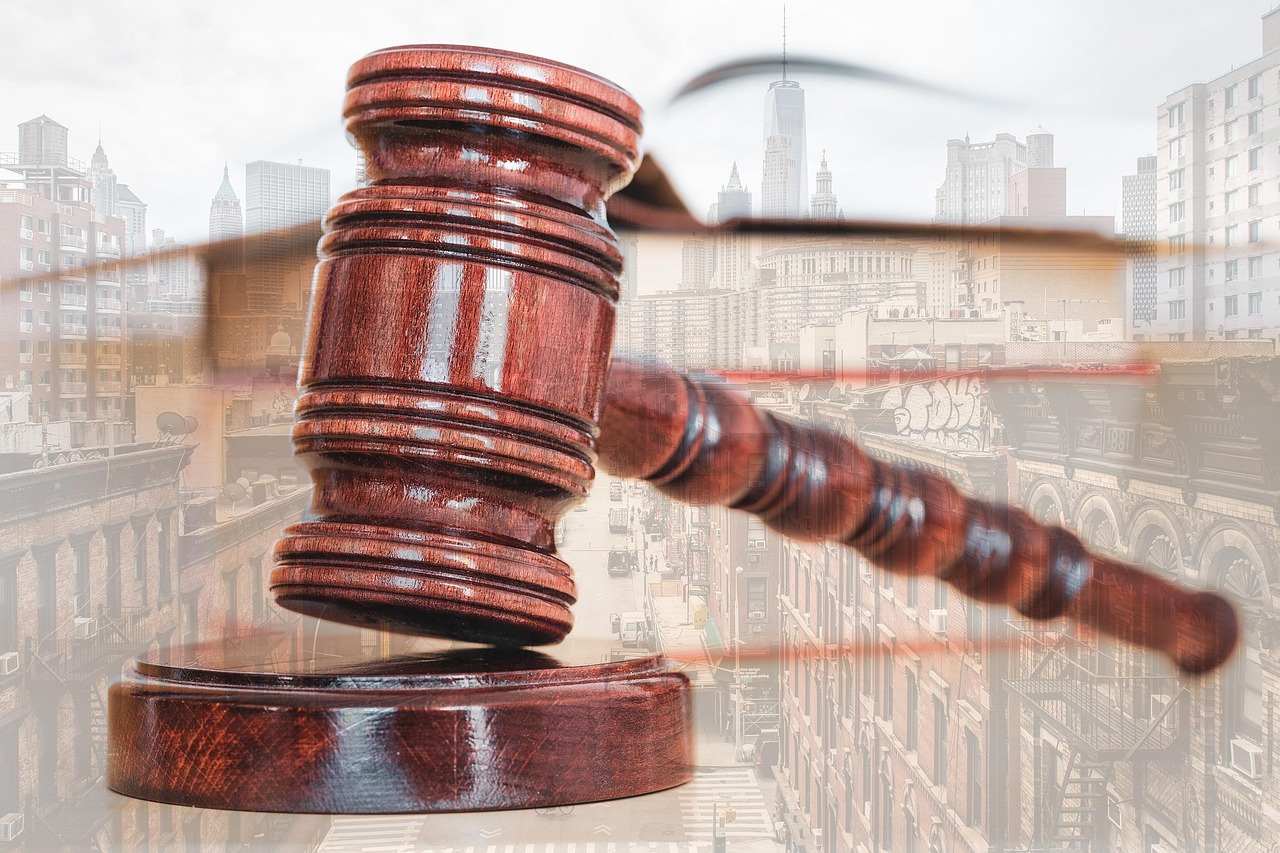A Closer Look at the Role of Judicial Review in Modern Democracies
Introduction: The concept of judicial review has been and continues to be a cornerstone of the democratic judicial system. It allows courts to examine and possibly overturn laws and governmental actions that are found to conflict with the constitution. This article delves into the origins of judicial review, its current applications, and its implications in the modern world.

The Origins of Judicial Review
Judicial review is not a new concept. Its roots can be traced back to the 17th century, when Sir Edward Coke, the then Lord Chief Justice of England, declared in Dr. Bonham’s Case that a law repugnant to the constitution is void. This principle was later adopted and expanded by the United States and other western democracies. The landmark case of Marbury vs. Madison in 1803 firmly established the doctrine of judicial review in the U.S., setting a precedent for future cases and shaping the path of American legal history.
The Application of Judicial Review in Modern Democracies
In modern democracies, judicial review plays a vital role in maintaining the balance of power among the three branches of government: the legislative, executive, and judicial branches. It acts as a safeguard against potential abuses of power, ensuring that laws and government actions are in line with the constitution. The scope and method of judicial review, however, vary from country to country. For instance, some countries follow a centralized model, where only a special constitutional court can exercise judicial review, while others use a decentralized model, allowing all courts to perform this function.
The Impact of Judicial Review on Society
The impact of judicial review on society cannot be overstated. By ensuring that laws and government actions align with the constitution, it protects individual rights and liberties. It also fosters accountability and transparency in government operations. However, it is not without its critics. Some argue that judicial review may lead to an “activist judiciary” that oversteps its bounds and intrudes into the domain of the legislature. Yet, the counter-argument emphasizes the judiciary’s role as the ultimate interpreter of the constitution, thereby justifying its exercise of review powers.
Judicial Review: A Double-Edged Sword?
Despite its importance, judicial review is often a subject of controversy. While it provides a necessary check on government power, it can also be seen as a threat to democracy if judges use it to push their own political agendas. This underlines the importance of maintaining an independent judiciary that is free from political influence, a principle that is fundamental to the rule of law.
The Future of Judicial Review
The future of judicial review is likely to be shaped by a myriad of factors, including evolving societal values, political climate, and constitutional developments. As societies continue to evolve, judicial review must adapt to address new challenges and complexities. It will continue to be a critical instrument in upholding constitutional integrity and protecting individual rights.
In conclusion, judicial review remains a pivotal mechanism in a democratic society, striking a balance between upholding the rule of law and preserving democratic principles. Its significance cannot be undermined, and its future will continue to shape the trajectory of democratic governance.




